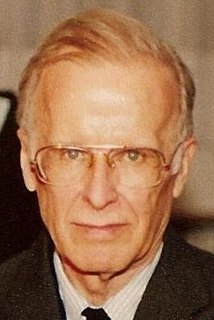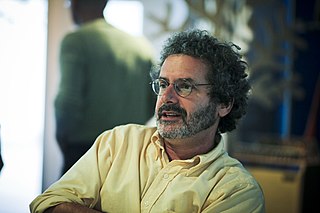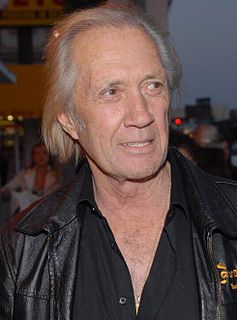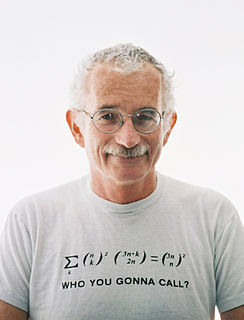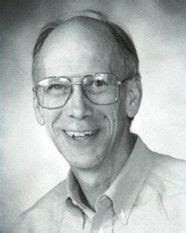A Quote by William Thurston
Mathematics is much less formally complete and precise than computer programs.
Related Quotes
Until I reached my late teens, there was not enough money for luxuries - a holiday, a car, or a computer. I learned how to program a computer, in fact, by reading a book. I used to write down programs in a notebook and a few years later when we were able to buy a computer, I typed in my programs to see if they worked. They did. I was lucky.
One might say the computer is being used to program the child. In my vision, the child programs the computer, and in doing so, both acquires a sense of mastery over a piece of the most modern and powerful technology and establishes an intense contact with some of the deepest ideas from science, from mathematics, and from the art of intellectual model building.
What I realized is that if we're going to be able to have a theory about what happens in, for example, nature there has to ultimately be some rule by which nature operates. But the issue is does that rule have to correspond to something like a mathematical equation, something that we have sort of created in our human mathematics? And what I realized is that now with our understanding of computation and computer programs and so on, there is actually a much bigger universe of possible rules to describe the natural world than just the mathematical equation kinds of things.
The point of mathematics is that in it we have always got rid of the particular instance, and even of any particular sorts of entities. So that for example, no mathematical truths apply merely to fish, or merely to stones, or merely to colours. So long as you are dealing with pure mathematics, you are in the realm of complete and absolute abstraction. . . . Mathematics is thought moving in the sphere of complete abstraction from any particular instance of what it is talking about.
You can keep counting forever. The answer is infinity. But, quite frankly, I don't think I ever liked it. I always found something repulsive about it. I prefer finite mathematics much more than infinite mathematics. I think that it is much more natural, much more appealing and the theory is much more beautiful. It is very concrete. It is something that you can touch and something you can feel and something to relate to. Infinity mathematics, to me, is something that is meaningless, because it is abstract nonsense.
Mathematics is much more than computation with pencil and a paper and getting answers to routine exercises. In fact, it can easily be argued that computation, such as doing long division, is not mathematics at all. Calculators can do the same thing and calculators can only calculate they cannot do mathematics.
Mystery is an inescapable ingredient of mathematics. Mathematics is full of unanswered questions, which far outnumber known theorems and results. It's the nature of mathematics to pose more problems than it can solve. Indeed, mathematics itself may be built on small islands of truth comprising the pieces of mathematics that can be validated by relatively short proofs. All else is speculation.
The practice of first developing a clear and precise definition of a process without regard for efficiency, and then using it as a guide and a test in exploring equivalent processes possessing other characteristics, such as greater efficiency, is very common in mathematics. It is a very fruitful practice which should not be blighted by premature emphasis on efficiency in computer execution.






